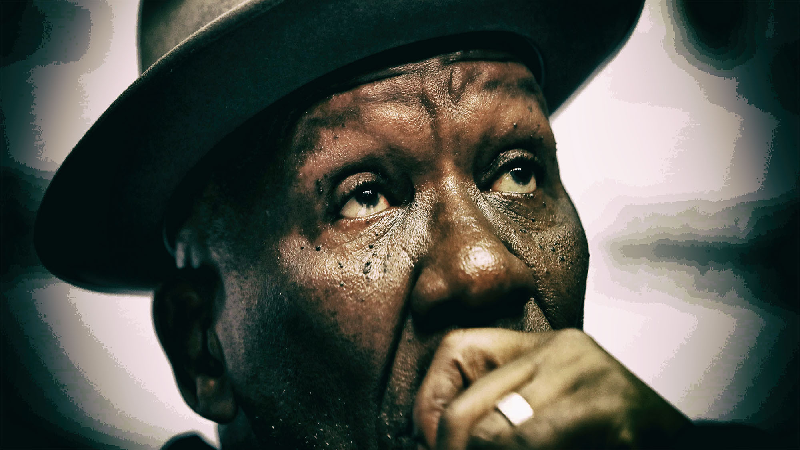The findings contained in South Africa’s 2018/2019 crime statistics that were released yesterday come as no surprise to local crime and security analysts – and undoubtedly many ordinary South Africans. Six of the ten worst murder areas in the country have been found to be in the broader Cape Town area. While many in the country are calling for increased police resources and more efficient police resource distribution, some suggest a more holistic and long-term approach to curbing crime and healing the nation.
General secretary of the Social Justice Coalition (SJC), Axolile Notywala attributes much of the increases in crime to ineffective policing and insufficient resources.
“As much as we understand that many of these issues cannot be solved by policing alone, we do say that there is a failure in policing in terms of the responsibility of combating and investigating crime. As much as people speak about murders happening over the weekend, what is not being spoken about is where exactly these murders happen over the weekend,” he said.
“We know that it’s mostly in townships and these are the issues we’ve been raising. The townships where the murders are happening don’t have enough resources – whether it be in terms of human resources, finances or police stations.”
Notywala suggests that crime statistics be publicly released more frequently, which he feels would aid in distributing police resources more effectively and appropriately.
“Crime statistics need to be released frequently – not every financial year. Monthly or on a quarterly basis would give a sense of what is happening in each area so that you can be able to divert resources to where crime is situated,” said Notywala.
He also says that while South Africa is clearly a violent country, the most affected are the poor and marginalised. He explained that the statistics revealing six of the ten worst murder areas being in Cape Town is no coincidence.
“I think we can all agree that we are a violent society – it’s in the social fabric of the country,” he said.
“But again, it’s not an issue that will affect everyone. It mostly affects the poor and working-class families and this is linked to the structural and systemic issues of unemployment and the level of inequality we see. If you look at the top 10 [worst murder areas in South Africa], six of these are in Cape Town. That says a lot about the City of Cape Town in itself, in terms of the infrastructure and the geographic segregation.
The fact that six of the top ten murder areas are in Cape Town is not a thing to just brush away as an issue of policing alone…local and provincial government have a huge role to play and we must continue calling on them to make sure that they not only provide jobs and opportunities, but make sure that where people live is safe by ensuring proper street lighting, proper roads, proper infrastructure and proper housing in all these areas.”
According to the statistics, Nyanga in Cape Town remains the murder capital of South Africa, followed by Delft, which took second place, and Khayelitsha, which placed third. Other well-known areas in the Western Cape that have been highlighted as the most dangerous are Harare, Gugulethu, Philippi East and Mitchell’s Plain.
Senior research fellow in the Justice and Crime Prevention Programme at the Institute for Security Studies, Dr Chandré Gould says that one of the reasons we continue to have a violent society with worsening crime rates is because of our focus on policing and neglect of social development.
“The statistics are not telling us anything we don’t know as South Africans already. It’s not as if South Africans don’t know that we are an extremely violent society and that we have a problem. We know this and we don’t necessarily need the crime statistics to reinforce that,” said Gould.
“The danger of the releasing of the crime statistics is that we are going to start talking about policing and one of the reasons we believe we are retaining such high levels of murder is because we’ve been focusing on the wrong solutions for too long. Part of that problem is focusing only on policing as a solution.”
Gould explained that many murders in the country take place as a result of arguments and within the context of domestic violence. As such, she surmised that police would not be able to prevent a significant portion of the murders which occur in the country.
“We need to know that the police cannot be there every time we have an argument and be in every home,” she said.
“We’ve got societal problems and we need to start having a vision of what a different society could look like and work strongly toward that.”
“We shouldn’t be protesting against violence – we should be asking for more early childhood development (ECD) centres and high quality, fully accessible, creches in our communities. We need to be addressing these kinds of issues if we want to see a change.”
She emphasised the need to build caring and responsive communities, urging South Africans to let go of feelings of retribution, anger and fear.
“I believe that if we are going to not find ourselves in the same situation next year and the year after, and the year after that, we have to start creating caring communities where children – and people in general – are cared for and feel cared for and responded to. If we keep feeling retribution, anger and fear, we are not going to be able to climb out of this problem.”
VOC






 WhatsApp us
WhatsApp us 

